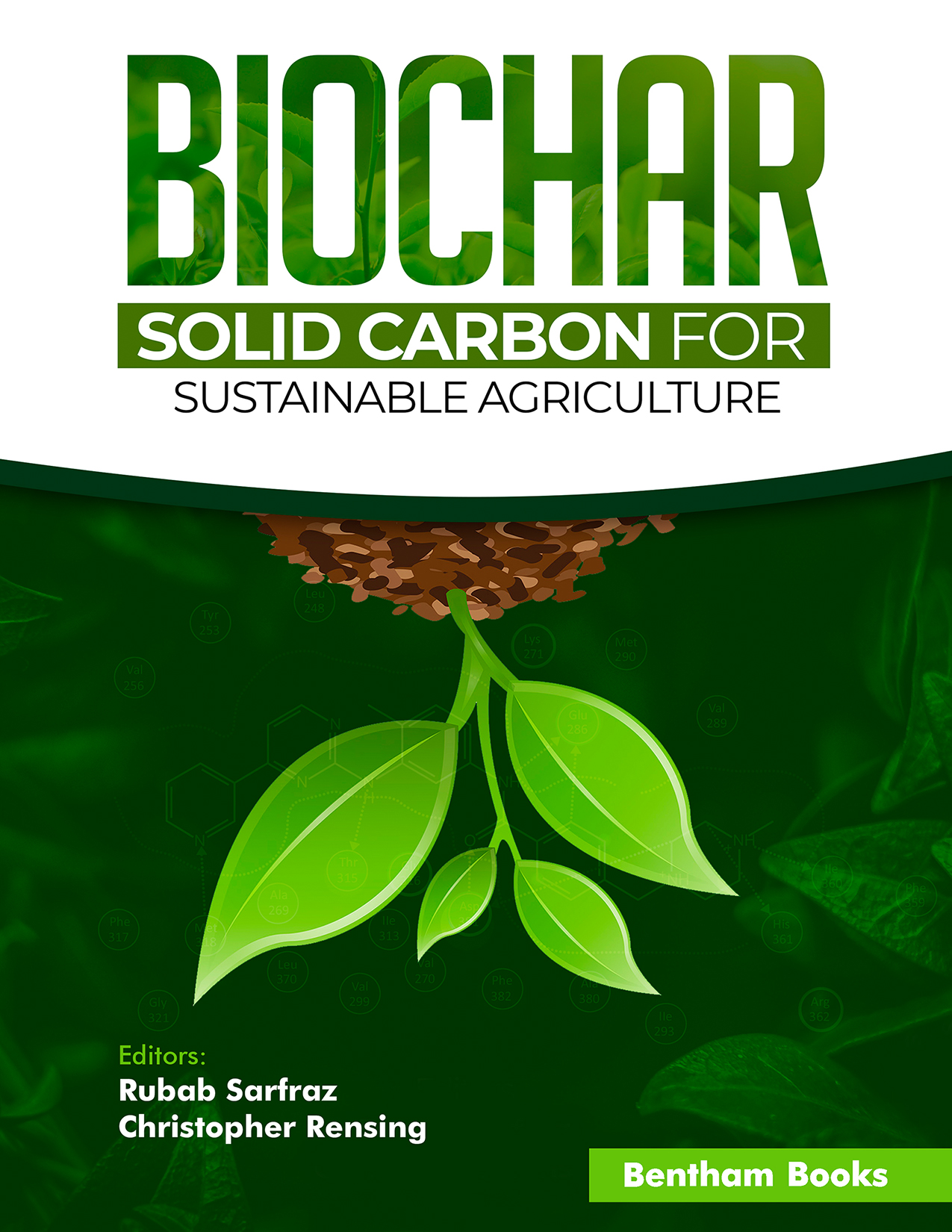Introduction
Biochar - Solid Carbon for Sustainable Agriculture explores the potential of biochar, a form of charcoal produced from organic materials, to improve soil health, increase crop yields, and mitigate climate change. This book offers a comprehensive overview of biochar and its applications in sustainable agriculture.
The book begins by introducing the concept of biochar and its historical use in agriculture. Next, the content deals with the production methods and properties of biochar, providing insights into its chemical composition and physical characteristics. Subsequent chapters explore the diverse applications of biochar in agriculture, including its role in soil fertility improvement, carbon sequestration, and pollution remediation. Case studies and practical examples illustrate the effectiveness of biochar across different agricultural settings. The authors also discuss the potential challenges and future directions of biochar research and application.
This book is essential reading for agronomists, soil scientists, environmental scientists, farmers, policymakers, and anyone interested in sustainable agriculture and climate change mitigation strategies.
Readership
Agronomists, soil scientists, environmental scientists, farmers, policymakers, and anyone interested in sustainable agriculture and climate change initiatives.

